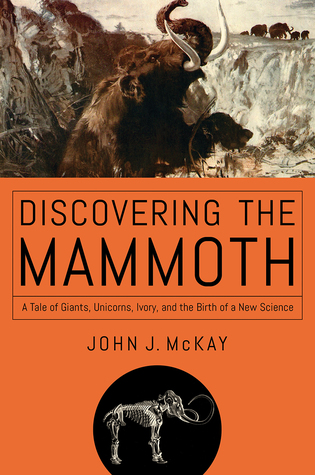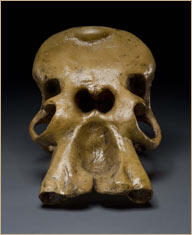Gingerbread by Helen Oyeyemi
258 pages
2/5 stars
Synopsis: Perdita Lee may appear to be your average British schoolgirl; Harriet Lee may seem just a working mother trying to penetrate the school social hierarchy; but there are signs that they might not be as normal as they think they are. For one thing, they share a gold-painted, seventh-floor walk-up apartment with some surprisingly verbal vegetation. And then there’s the gingerbread they make. Londoners may find themselves able to take or leave it, but it’s very popular in Druhástrana, the far-away (and, according to Wikipedia, non-existent) land of Harriet Lee’s early youth. In fact, the world’s truest lover of the Lee family gingerbread is Harriet’s charismatic childhood friend, Gretel Kercheval—a figure who seems to have had a hand in everything (good or bad) that has happened to Harriet since they met.
Decades later, when teenaged Perdita sets out to find her mother’s long-lost friend, it prompts a new telling of Harriet’s story. As the book follows the Lees through encounters with jealousy, ambition, family grudges, work, wealth, and real estate, gingerbread seems to be the one thing that reliably holds a constant value. Endlessly surprising and satisfying, written with Helen Oyeyemi’s inimitable style and imagination, it is a true feast for the reader.
The synopsis makes Gingerbread sound as though it is a Hansel and Gretel remake or retelling, but it is no where close. Gingerbread does tap into the vein of classic fairy tales and morphs them with the help of magical realism into something altogether disturbing and unnatural. Fairy tales just lend their whimsical and occasional dark nature to a rather scattered story line. Unfortunately, this means that the story and meaning get lost in the slack structure and unintelligible ramble.
The bulk of the narrative takes place within a story Harriet tells Perdita after an intentional semi-suicide her daughter attempts in order to get back to Druhástrana and find her mother’s friend Gretel. Told amongst talking hybrid plant-dolls, we learn of Harriet’s youth growing up in Druhástrana, how she met Gretel, left her country, and came to meet the father of her child. Once the reader and Perdita are caught up to the present, we are rushed through an ending that seems like it could have been another book entirely.
I wanted to like this book. I enjoy satire, weird tales, illogical and nonsensical stories, and fairy tales, but there has to be some thread of continuity that provides a path through the maze and I just did not find it here. I appreciated the parallel to the themes of the many fairy tales–food, famine, and feast, the convolution of family and foe, the impermanence of life and death. In a way, Gingerbread is a feast and famine book. You keep consuming it hoping that you will be full by the end, but it is just empty calories. A bag of chips seemingly full before it is opened, but turns out to be mostly filled with air.
For my book club, I read a Q&A interview with Oyeyemi by Vulture and I think her answer to the first question really sums up how unsure this book seems about itself:
I’m always fascinated by where your books go plot-wise, because it’s not always evident in the jacket copy. You pull readers in with a fairy tale premise and then destroy their expectations.
It was actually very difficult to come of up with something for Gingerbread. I just wrote it and then was like, “Oh no, I have to describe what this is.” I was very confidently going along like “this all makes sense” and then at the end being like, “I cannot describe what this is overall.” I think you just have to read it.
-via https://www.vulture.com/2019/03/helen-oyeyemi-gingerbread-hansel-and-gretel.html
I did see Gingerbread through to the end and I did enjoy some of the dark whimsy. I think the writing itself is wonderful and does not lack in evocative play even if it is blurry. Kind of like a watercolor painting. It can be beautiful to look at, but you will never get the details no matter how close you look. The magical realism wasn’t the issue for me, but the amount of fluid surrealism trying to tell a story and then getting wrapped up in its own surrealist ideas was the problem.
I think that adventurous readers may be interested in giving Gingerbread a try, but I would think most may want to skip it. I have White is for Witching on my TBR, but I’m not sure I’m ready for it yet.










